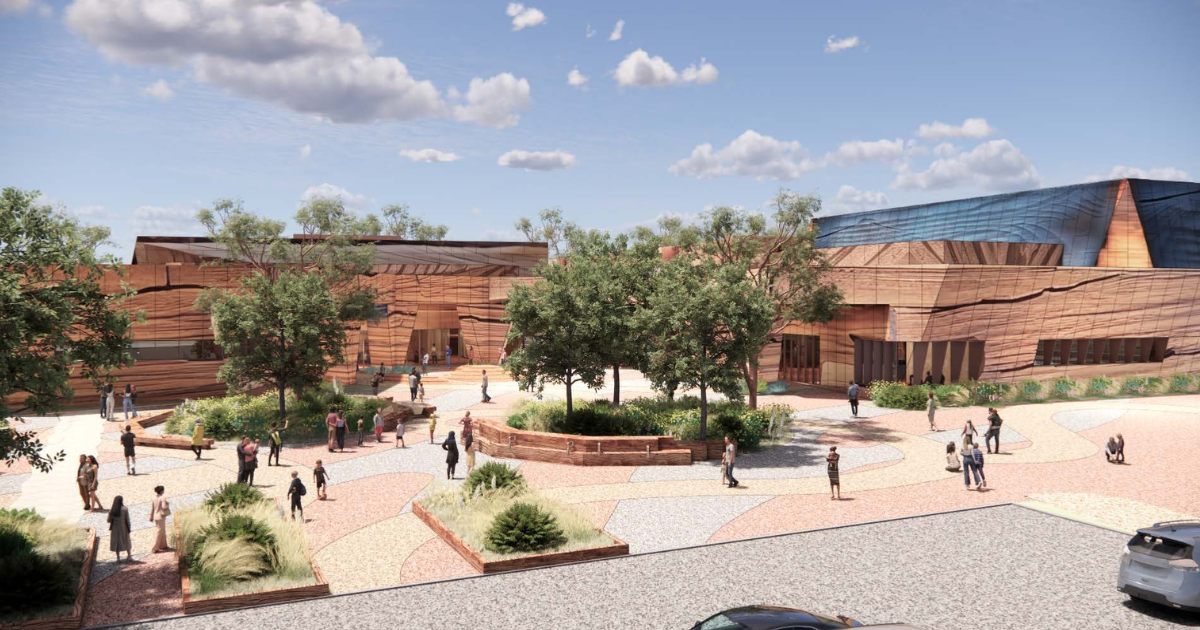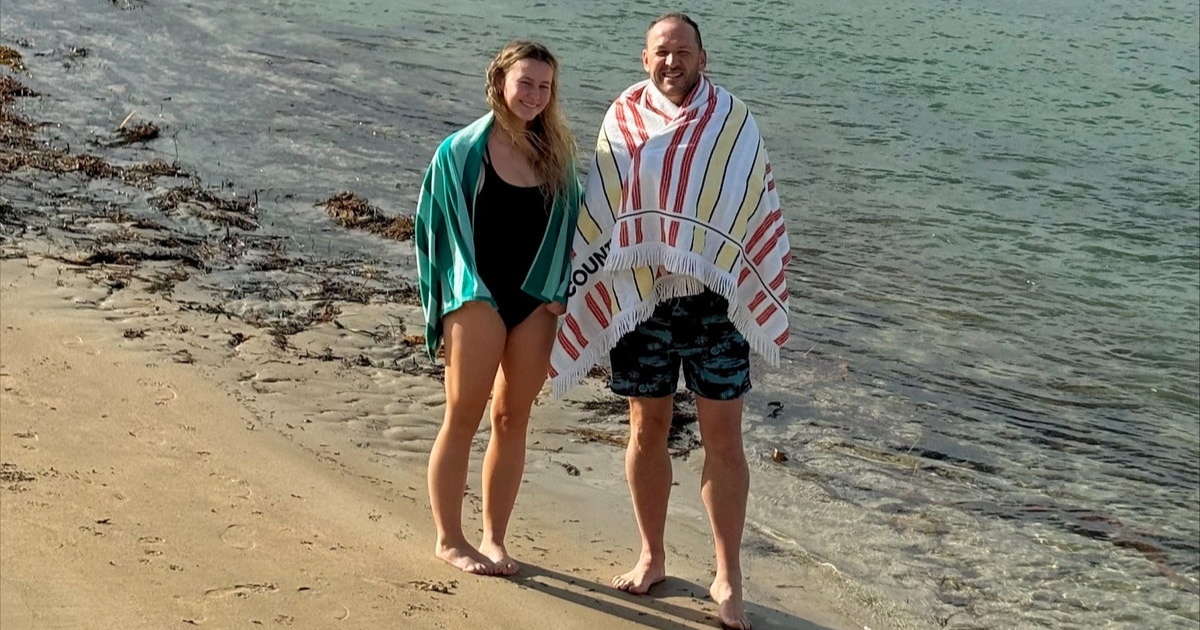From bread tags to wheelchairs
AN INTERNATIONAL charity’s unique model has captured people’s imaginations in the Surf Coast and Geelong.
Aussie Bread Tags for Wheelchairs sees people collect bread tags and deliver them to local collection points. The tags are then transported to Transmutation in Robe, South Australia, where the bread tags are then made into items such as bowls, coasters, and doorknobs. The proceeds from the sales of these items then go towards the purchase of wheelchairs for people with disabilities in South Africa.
Bread tags are used because they are made of dense plastic that decomposes slowly and are also small enough to pose a threat to wildlife.
The program began in South Africa, but in 2018 Jenny Cooper founded an Australian branch.
Ms Cooper said the branch’s rapid growth has been very encouraging.
“It’s been really amazing. We’re approaching 500 collection points nationally, I think we’ve got 490 at the moment, and that’s in less than two years.”
These collection points are diverse. There is a collection point in Torquay at Surf Coast Hearing Clinic and three in Geelong: Urban Upcycle, Newcomb Park Primary School, and Bakers Delight in Geelong West.
Ms Cooper said the area was “pretty active” with its donations.
Urban Upcycle’s Nicole Urbanski said their collection point has never been lacking donors.
Even when the business temporarily closed because of coronavirus people continued to collect their tags. Ms Urbanski subsequently organised a drop off day on Saturday (July 25) for people to donate their growing collections.
“I’ve had a lot of people asking me when they can drop their bread tags off.
“I know there’s a lot of people that have been collecting ever since we started advertising that we were doing it at the start of last year.”
In the space of two hours, the drop off day saw 35kg of bread tags donated.
Ms Cooper said donations like these have seen the charity continue to thrive even amidst the challenges caused by the virus.
“People aren’t going out much, so they’re not dropping them off but they’re eating lots of bread at home I think, so probably in the long-term, it won’t affect us.
“We have a bit of a buffer with the recycler, we send them ahead, so we’ve managed to keep up the pace of recycling. We’re doing a 150kg (of bread tags) a month at the moment.”
Ms Urbanski collected a van load of bread tags on Saturday, but she said she had not anticipated the level of community support the charity would get.
“I just saw something on social media, and I contacted Aussie Bread Tags and said, ‘Hey, do you want us to be a collection point?’, and they said ‘Sure thing’. It wasn’t a big deal but to everyone else, it’s become a big deal.
“As a business, we’re trying to teach people to reduce and reuse and send less waste to landfill.
“People just want to be sustainable, so a lot of schools and kinders, they have their own little drop off points, and once they’ve got a nice amount, they bring them to us.”
Ms Cooper said the engagement of learning centres has helped give the program an educational component.
“A lot of schools collect, and a lot of childcare centres collect, so they’re probably our biggest collectors because you have so many families involved.
“A lot of teachers use them for counting, sorting into colours, apart from obviously the environmental education of what they’re doing by not having them end up in landfill or the sea.”
Ms Cooper said it also crucially teaches people every contribution matters.
“It’s a numbers game. Any one family doesn’t use a lot of bread tags really, but when you get a lot of people collecting, they add up.”


















